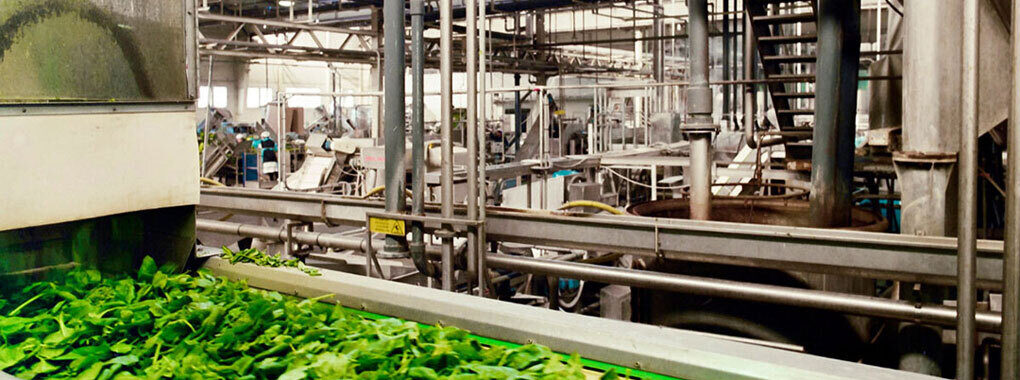Agri-food sector calls for additional measures
In response to the energy crisis, rising labour costs and the faltering supply chain, the government approved a number of measures to support food producers. However, more will be needed to ensure food production and supply this winter.
Food sector under heavy pressure
Belgium's agri-food sector faces a hot winter. Not literally, because energy prices are soaring. But figuratively, because there is currently no shortage of hot topics. And the challenges can hardly be counted on one hand: the prices of energy and raw materials have skyrocketed, labour costs are following the same upward trend and essential products are increasingly difficult to obtain (fertilisers, CO2, but also packaging and spare parts). More and more companies are quietly asking themselves whether they would not be better off temporarily halting production instead of continuing to produce at a loss.
Measures will not be enough
Meanwhile, the government has decided to consider the agri-food sector as an essential sector for the purpose of energy supply and temporarily partially reduce excise duties on energy. For the Agrofront organisations (Boerenbond, ABS, FWA), Fevia and BABM, this will not be enough to ensure food production this winter. Without additional measures, breaks in the energy- and labour-intensive food chain are at risk and short- and medium-term production potential will be compromised.
Wider requirements package
For the agri-food sector, the availability and affordability of energy and fertilisers are crucial, which the federations say will be compromised without additional measures. They also call for support for investments in energy efficiency and the transition to green energy. Finally, producers must also maintain the necessary liquidity to continue paying high bills.
Will winter food production be okay?
Without additional support, the sector sees things looking bleak. The links in the food chain are currently under great stress. If that tension starts to translate into breaks, locally produced food products will become scarcer and consequently more expensive. In times of high inflation, nobody wants that...

